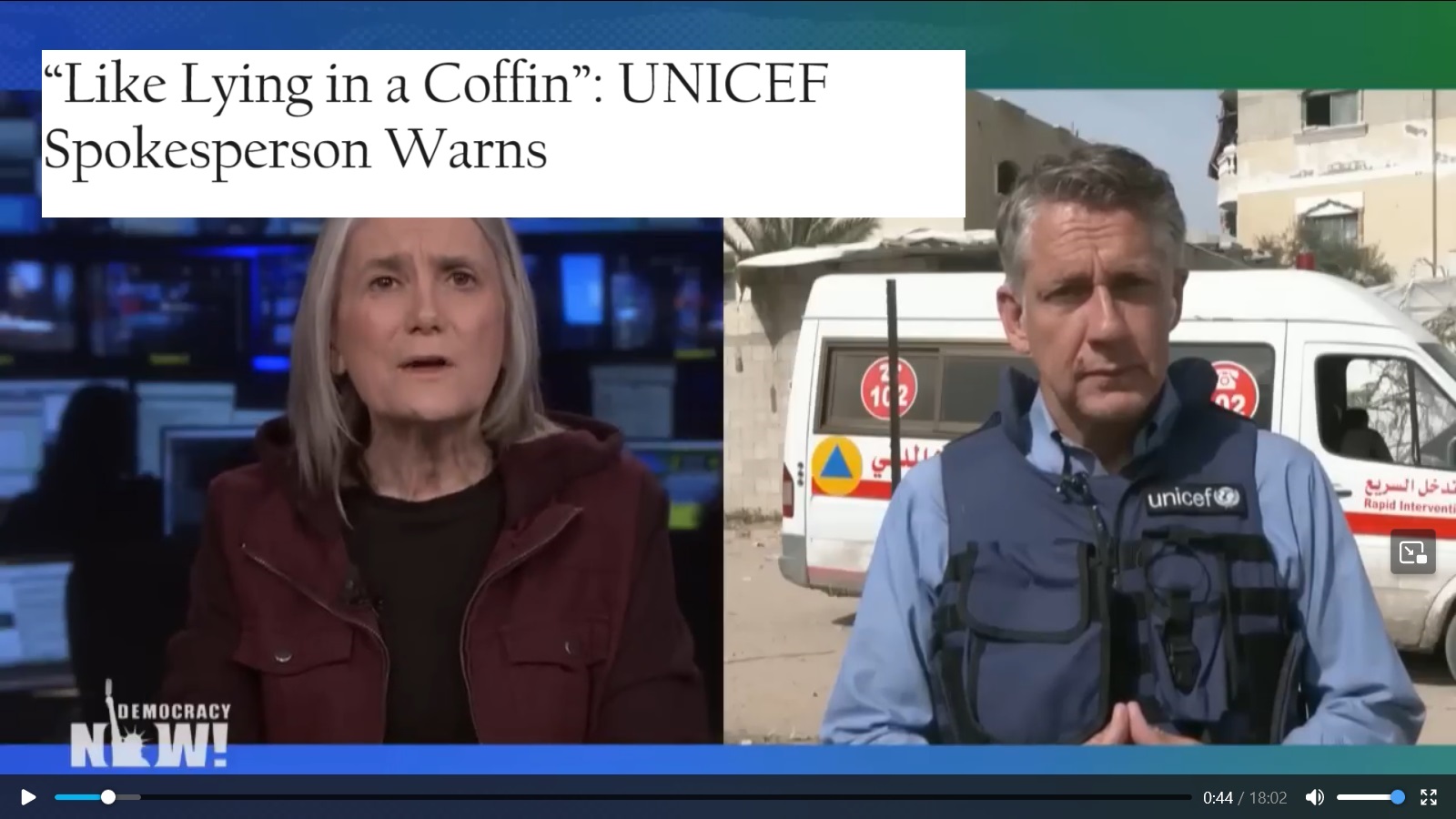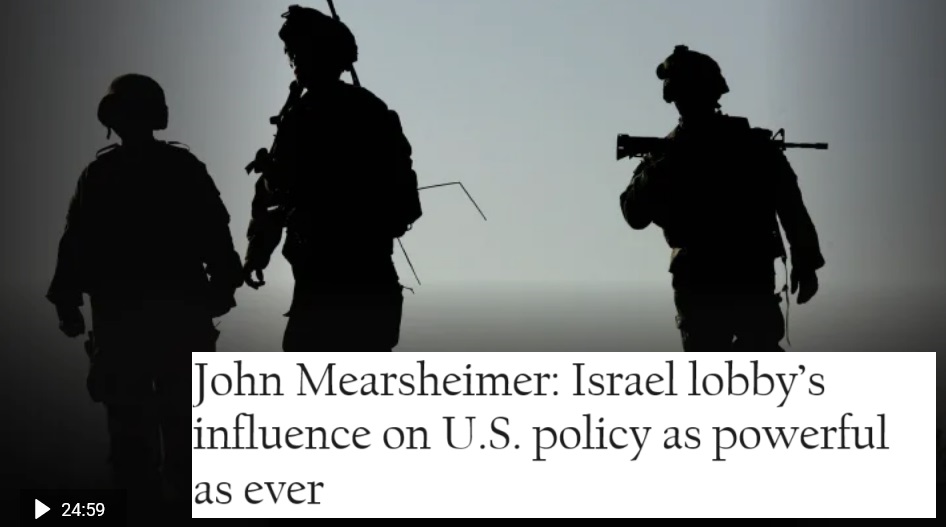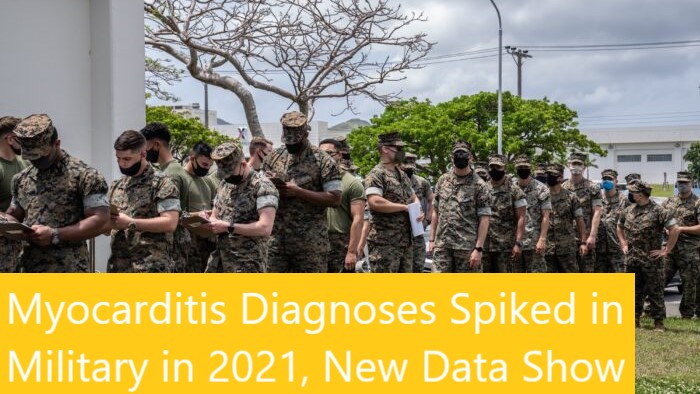Military Tells Bush of Troop Strains
 Wednesday, March 26, 2008 at 05:34PM
Wednesday, March 26, 2008 at 05:34PM  Behind the Pentagon's closed doors, U.S. military leaders told President Bush Wednesday they are worried about the Iraq war's mounting strain on troops and their families. But they indicated they'd go along with a brief halt in pulling out troops this summer.
Behind the Pentagon's closed doors, U.S. military leaders told President Bush Wednesday they are worried about the Iraq war's mounting strain on troops and their families. But they indicated they'd go along with a brief halt in pulling out troops this summer.
The Joint Chiefs of Staff did say senior commanders in Iraq should make more frequent assessments of security conditions, an idea that appeared aimed at increasing pressure for more rapid troop reductions.
The chiefs' concern is that U.S. forces are being worn thin, compromising the Pentagon's ability to handle crises elsewhere in the world.
In the war zone itself, two more American soldiers were killed Wednesday in separate attacks in Baghdad, raising the U.S. death toll to at least 4,003, according to an Associated Press count. Volleys of rockets also slammed into Baghdad's Green Zone for the third day this week, and the U.S. Embassy said three Americans were seriously wounded. At least eight Iraqis were killed elsewhere in the capital by rounds that apparently fell short.
Wednesday's 90-minute Pentagon session, held in a secure conference room known as "the Tank," was arranged by Defense Secretary Robert Gates to provide Bush an additional set of military views as he prepares to decide how to proceed in Iraq once his troop buildup, which began in 2007, runs its course by July.
"Armed with all that, the president must now decide the way ahead in Iraq," said Pentagon press secretary Geoff Morrell. The discussion covered not only Iraq but Afghanistan, where violence has spiked, and broader military matters, said Morrell, who briefed reporters without giving details of the discussion. Some specifics were provided by defense officials, commenting on condition of anonymity in order to speak more freely.








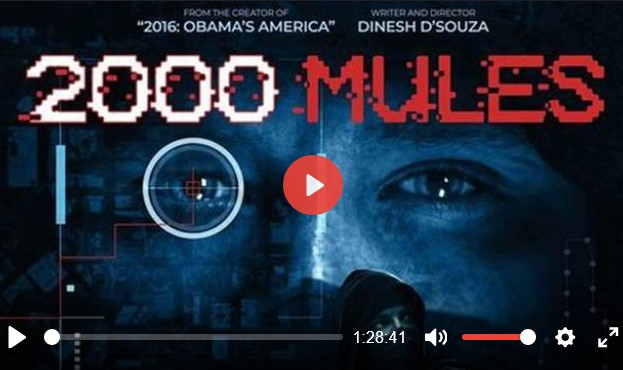






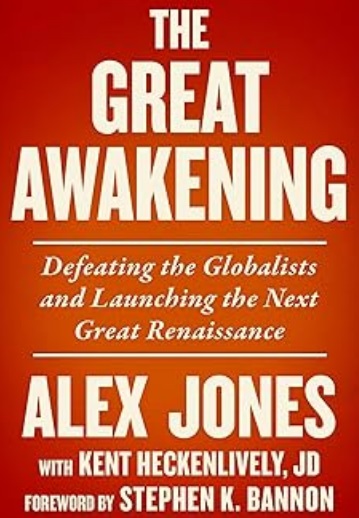


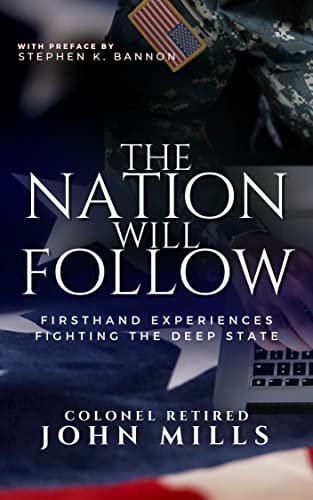
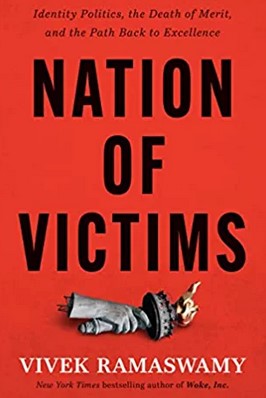
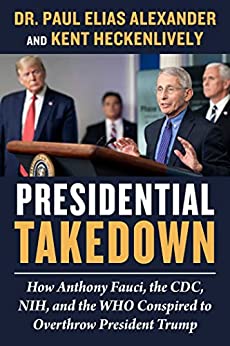

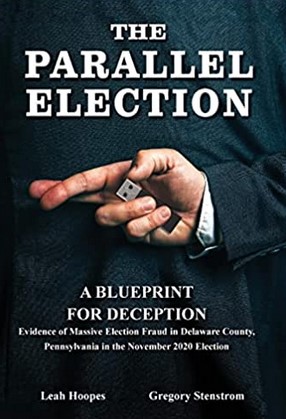


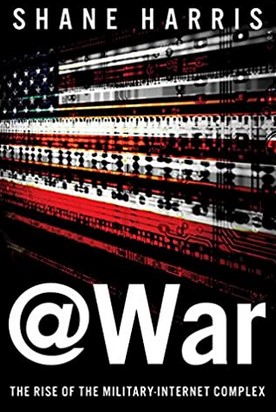




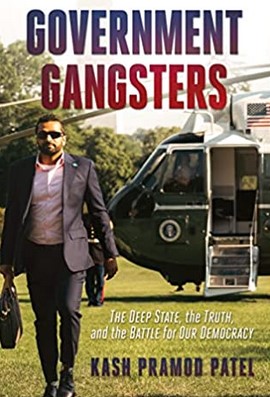
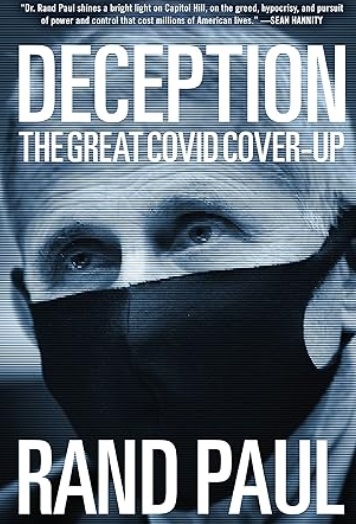







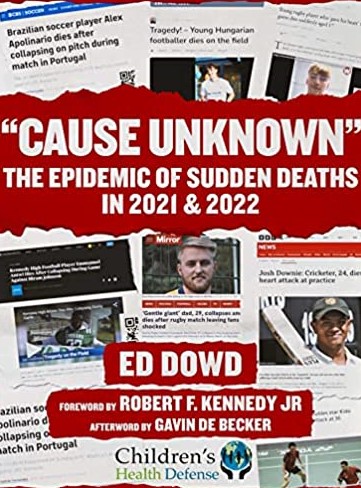

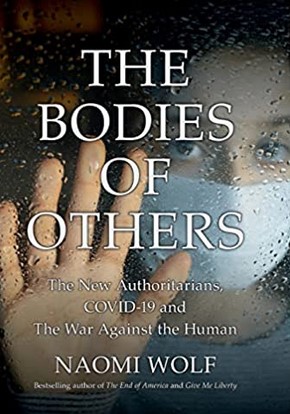
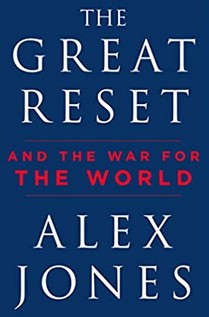



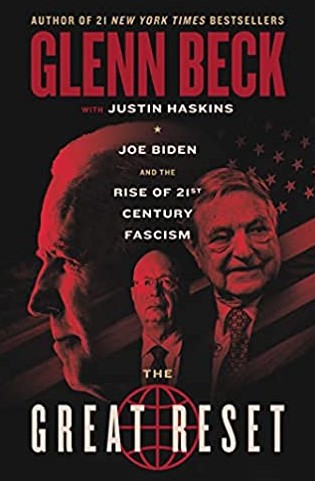






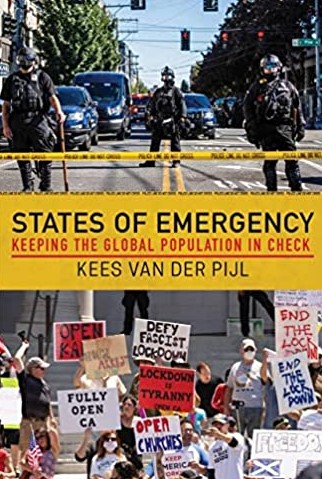

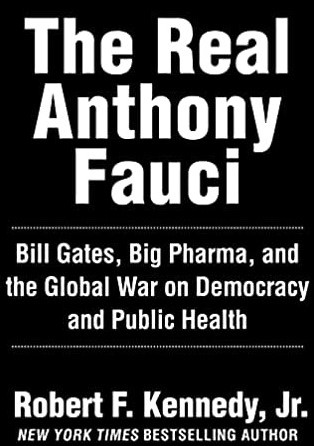


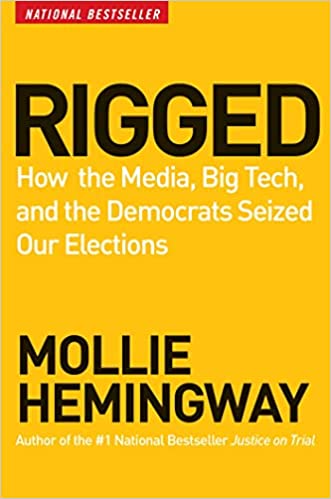
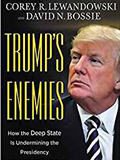




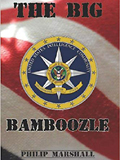
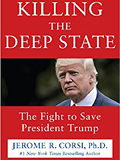

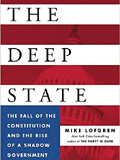
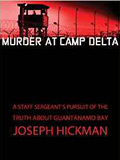
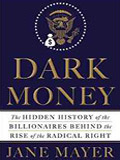

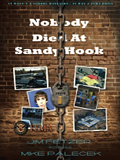
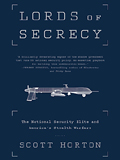



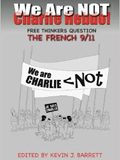



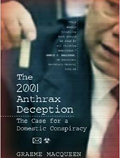
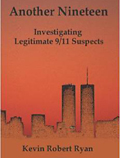

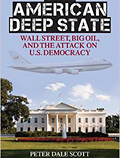

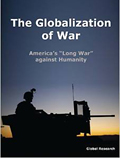
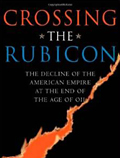
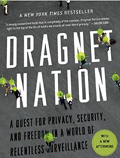
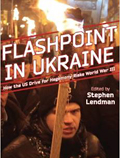



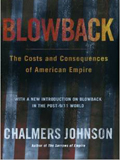



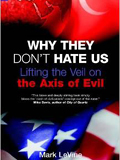
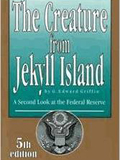



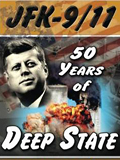
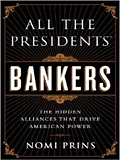
 The United Kingdom has been ranked as one of the most stable and prosperous countries in the world, beating the United States, France and even Switzerland in a global assessment of every nation’s achievements and standards.
The United Kingdom has been ranked as one of the most stable and prosperous countries in the world, beating the United States, France and even Switzerland in a global assessment of every nation’s achievements and standards.  US house prices have fallen at the sharpest rate in more than 20 years, and American consumers are now at their most pessimistic since Richard Nixon was in the White House, according to figures published today.
US house prices have fallen at the sharpest rate in more than 20 years, and American consumers are now at their most pessimistic since Richard Nixon was in the White House, according to figures published today.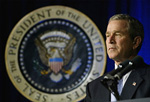 President Bush overstepped his authority when he ordered a Texas court to reopen the case of a Mexican on death row for rape and murder, the Supreme Court said Tuesday.
President Bush overstepped his authority when he ordered a Texas court to reopen the case of a Mexican on death row for rape and murder, the Supreme Court said Tuesday.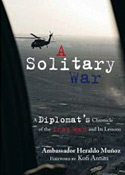
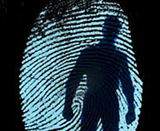 The opening of Heathrow's new Terminal 5 was under threat last night after its management was warned that a plan to fingerprint passengers may be illegal.
The opening of Heathrow's new Terminal 5 was under threat last night after its management was warned that a plan to fingerprint passengers may be illegal. 